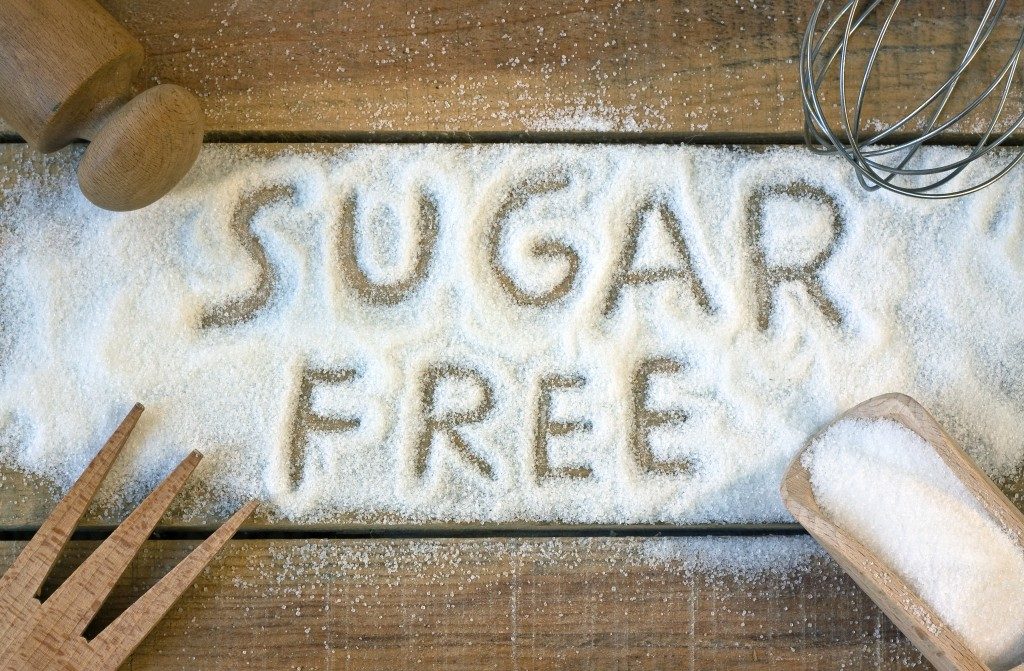If you have been wondering about adding dairy to your diet, you have probably come across conflicting advice on whether or not you should. According to the newly released Dietary Guidelines for Americans 2015-2020 by the U.S. Department of Agriculture and Department of Health and Human Services, including dairy in your diet is fine, considering that they’re low-fat or fat-free.
However, does this recommendation apply to people with diabetes?
The Role of Dairy in Managing Diabetes
Experts recommend some dairy because most individuals with diabetes also suffer from high blood pressure that could be controlled by consuming foods rich in calcium, magnesium and potassium. Dairy contains all of these crucial substances.
Aside from helping with diabetes management, eating dairy might also help prevent its development. So yes, some dairy in your diabetes diet plan can be helpful in managing and preventing diabetes, but there is still the question of which dairy sources should you go with.
Fat-Free, Low-Fat or Full-Fat?
While dairy is relatively fine for diabetics, if you have a high risk of getting type 2 diabetes, you have to really weigh the pros and cons of full-fat dairy, particularly its potential impact on weight management.
Products without fat do not offer the same satiety levels as that of foods with fat because the body naturally digests fat more slowly. This is one of the basic things you will learn when taking up nutrition classes in reputable clinics like MD Diet in Salt Lake City.
However, while full-fat dairy is more satiating or filling, it is also higher in calories. And as a diabetic, you know that you have to watch your diet and the calories and fat you take in because excess weight could increase your risk of heart disease and high blood pressure. Additionally, excess fat could hinder insulin response.
There Is No One-Size-Fits-All Answer

The ideal type of dairy will depend on a person’s health goals, requirements and personal preference, if at all possible. For example, if you have a healthy weight and eat a well-balanced diet, you can go away with consuming full-fat dairy. The main thing to remember is that you should eat a healthy diet.
When choosing among dairy sources, some are naturally more beneficial than other kinds of dairy. That being said, according to the American Diabetes Association, the healthiest and safest dairy types for people with diabetes include regular or Greek yogurt, low-fat and fat-free milk, and reduced-fat cheeses.
So now that we have concluded that some dairy is totally fine, regardless of what type of dairy you choose to eat, moderation and consistent monitoring of your blood sugar are key. Get in the habit of reading food labels for details pertaining to calories, serving sizes, carbs and of course, sugar.
It is fairly easy to forget to factor in carb content from dairy, but take note that this could result in excessively high blood sugar levels. So yes, you can eat dairy, as well as carbs, but keep track of your servings.


